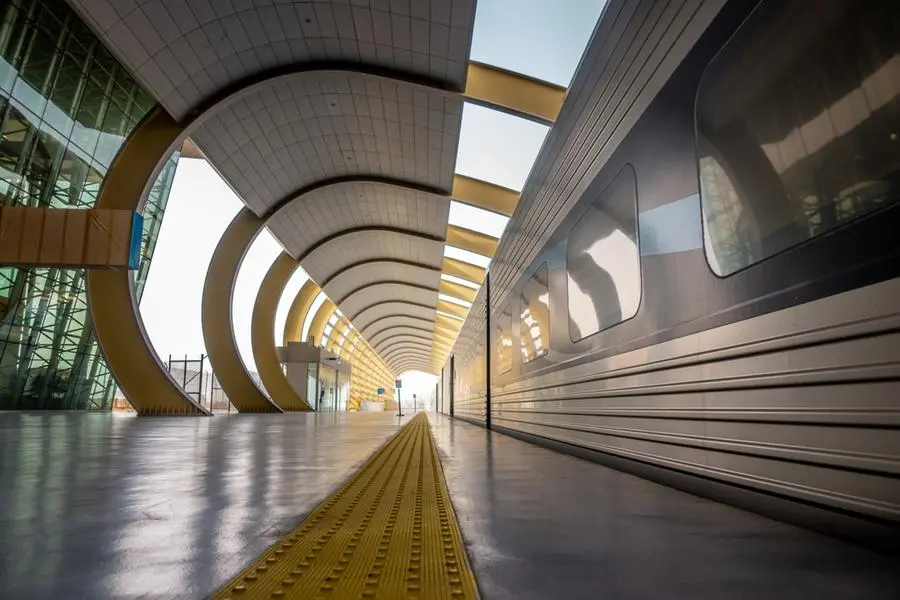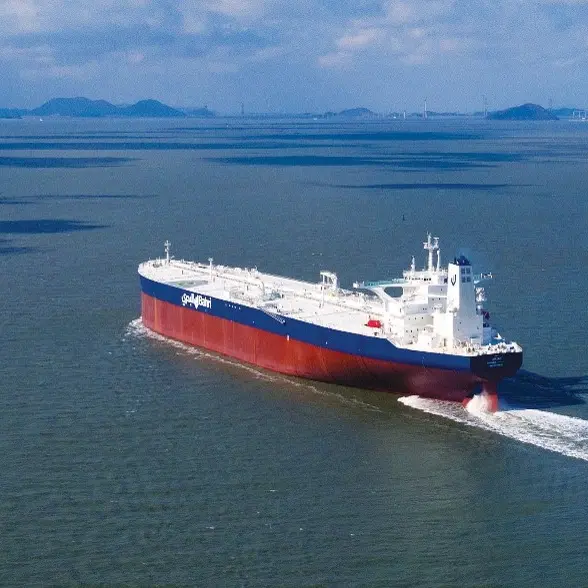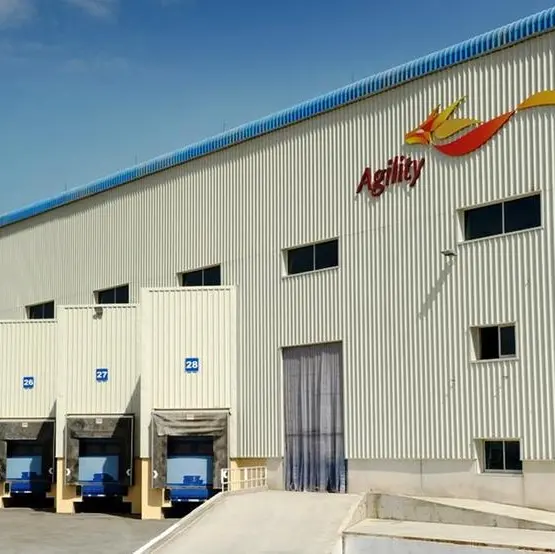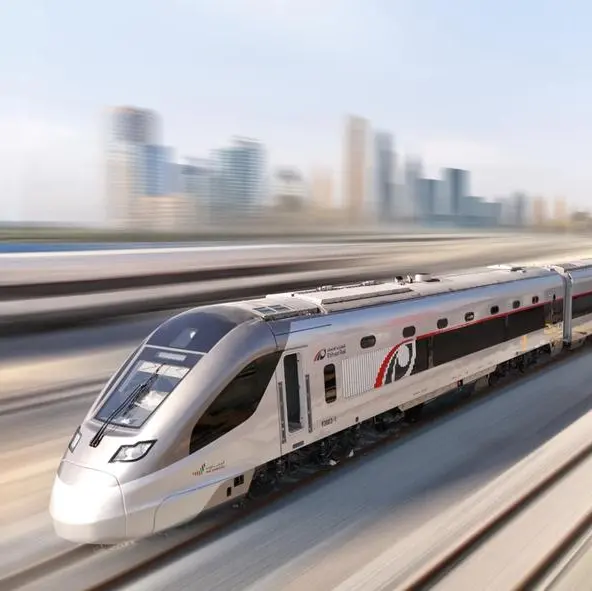PHOTO
Riyadh: Saudi Arabia Railways (SAR) has issued the operational figures for the first half of 2024, which show that over 5.1 million passengers used SAR trains, a 17% increase over the same period last year.
SAR figures also show a 5% increase in trips on its network during the first half of 2024: 17,200 trips via the Eastern Train, Northern Train, and Haramain High-Speed Train networks.
The volume of minerals and goods transported through its network in the first half of this year exceeded 13.26 million tons, reflecting a 9% increase over the same period of 2023. This has contributed to foregoing over one million vehicle trips on the Kingdom's highways, and thus enhancing traffic safety, preserving the road infrastructure, and significantly lowering carbon emissions, in line with national objectives.
SAR CEO Dr. Bashar bin Khalid Al-Malik highlighted the achievements made during the Hajj season 1445 AH, attributing them to the unwavering support from the Saudi leadership and the company's continuous efforts, which have direct impact on passenger service, aligning with the objectives of the National Strategy for Transport and Logistics Services and the Kingdom's Vision 2030.
Al-Malik also talked about several strategic agreements and memoranda of understanding signed during the first half of the year to improve railway transportation, as well as the first luxury train service in the Middle East and North Africa, scheduled to commence in the last quarter of 2025, which all demonstrate SAR's commitment to improving transportation services.
SAR signed a contract to purchase 10 modern trains for the Eastern Railway Network, to improve travelers’ experience and reach national targets in the field. It also signed two memoranda of understanding with the Saudi Authority for Industrial Cities and Technology Zones (MODON) to link the logistics zone in the second industrial city in Dammam to the railway network, facilitating access to various ports and enabling the industrial sector to connect to local, regional, and global markets.





















